The Billing Challenge in Psychiatry
Psychiatry is one of the most complex specialties when it comes to coding and billing.
Each encounter type — from a 15-minute med check to a 60-minute therapy session — requires precise documentation to support the correct CPT and ICD-10 codes.
A single missing modifier or incomplete note can lead to:
- Denied or delayed claims
- Underpayment for services
- Audit exposure
- Hours of manual rework
AI now provides a way to ensure every claim is accurate, compliant, and optimized — without increasing staff workload.
Why Manual Coding Leads to Errors
Even experienced billers and providers face these common issues:
- Notes missing key CPT-supported documentation elements.
- Wrongly selected time-based codes (e.g., 99213 vs. 99214).
- Failure to document psychotherapy add-on codes (90833, 90836).
- Inconsistent ICD-10 mapping for mental health conditions.
- Manual double-entry between EHR and billing systems.
Each of these errors costs time and money.
AI fixes them through automation and real-time validation.
How AI Enhances Coding Accuracy in Psychiatry
AI-driven coding tools interpret documentation as it’s created — flagging errors before claims ever reach a payer.
Here’s how:
1. Real-Time Documentation Analysis
AI reviews every note and identifies missing or incomplete elements.
- Ensures each section supports billing level and CPT selection.
- Flags documentation gaps (duration, treatment plan, MSE details).
Result: Notes are compliant before submission, not after rejection.
2. Automated CPT and ICD-10 Code Suggestion
AI maps clinical content directly to appropriate codes.
- Suggests CPT codes based on session type and documentation.
- Recommends ICD-10 codes that match DSM-5 diagnoses.
Result: Fewer under-coded encounters and more consistent billing.
3. Modifier and Add-On Detection
AI identifies opportunities for additional billable codes.
- Detects when therapy add-on codes (90833, 90836) apply.
- Automatically suggests modifiers for telehealth or supervision.
Result: Increased revenue capture without manual review.
4. Claim Validation and Compliance Auditing
Before submission, AI cross-checks claims against payer rules.
- Confirms documentation supports billed codes.
- Flags mismatches that would trigger denials.
Result: Cleaner claims and faster reimbursements.
5. EHR and Billing System Integration
AI bridges gaps between clinical and financial systems.
- Syncs codes and documentation automatically.
- Reduces manual data entry errors.
Result: A single, connected billing workflow.
The Measurable Impact of AI on Psychiatry Billing
Psychiatry practices using AI for coding and billing see immediate results:
- 40–60% fewer claim denials.
- 25–35% faster payment turnaround.
- 10–20% increase in net collections.
- Fewer compliance audits and chargebacks.
When coding is accurate, billing becomes predictable — and revenue grows steadily.
How Honey Health Improves Psychiatry Billing
Honey Health’s AI platform integrates directly with your EHR and billing tools to automate every step of the process.
With Honey Health, psychiatry clinics can:
- Auto-suggest accurate CPT and ICD-10 codes.
- Validate documentation for billing compliance in real time.
- Identify missing modifiers and add-ons.
- Sync codes directly into claims workflows.
- Monitor performance and denial rates with analytics.
Honey Health eliminates the guesswork — ensuring every encounter is coded, billed, and paid correctly.
From Reactive to Proactive Billing
Traditional billing teams spend their time fixing errors.
AI prevents them in the first place.
By automating coding accuracy and billing compliance, Honey Health transforms psychiatry revenue cycles from reactive to proactive — boosting cash flow while protecting clinical integrity.
In a specialty where precision matters, automation makes every code count.

